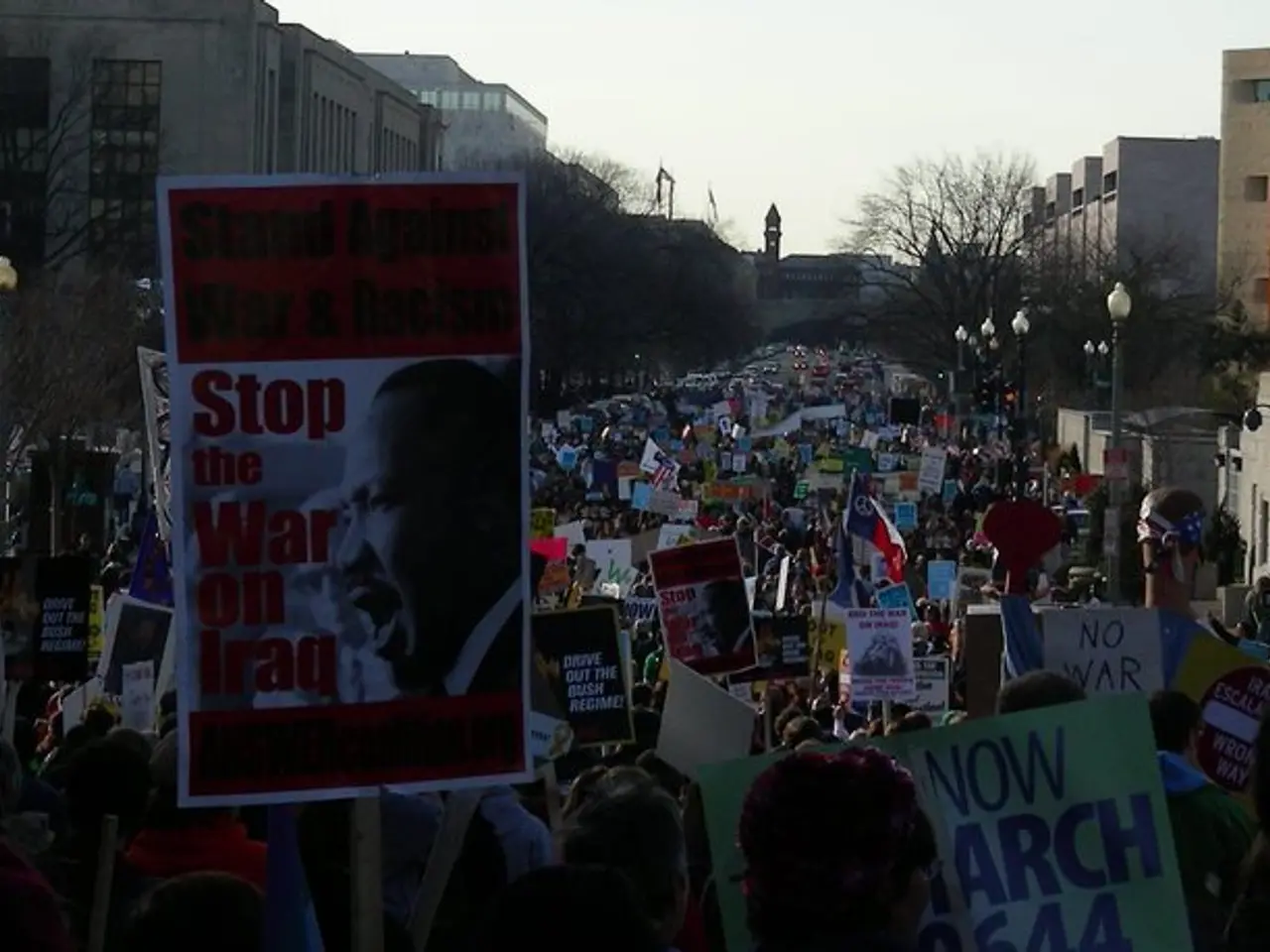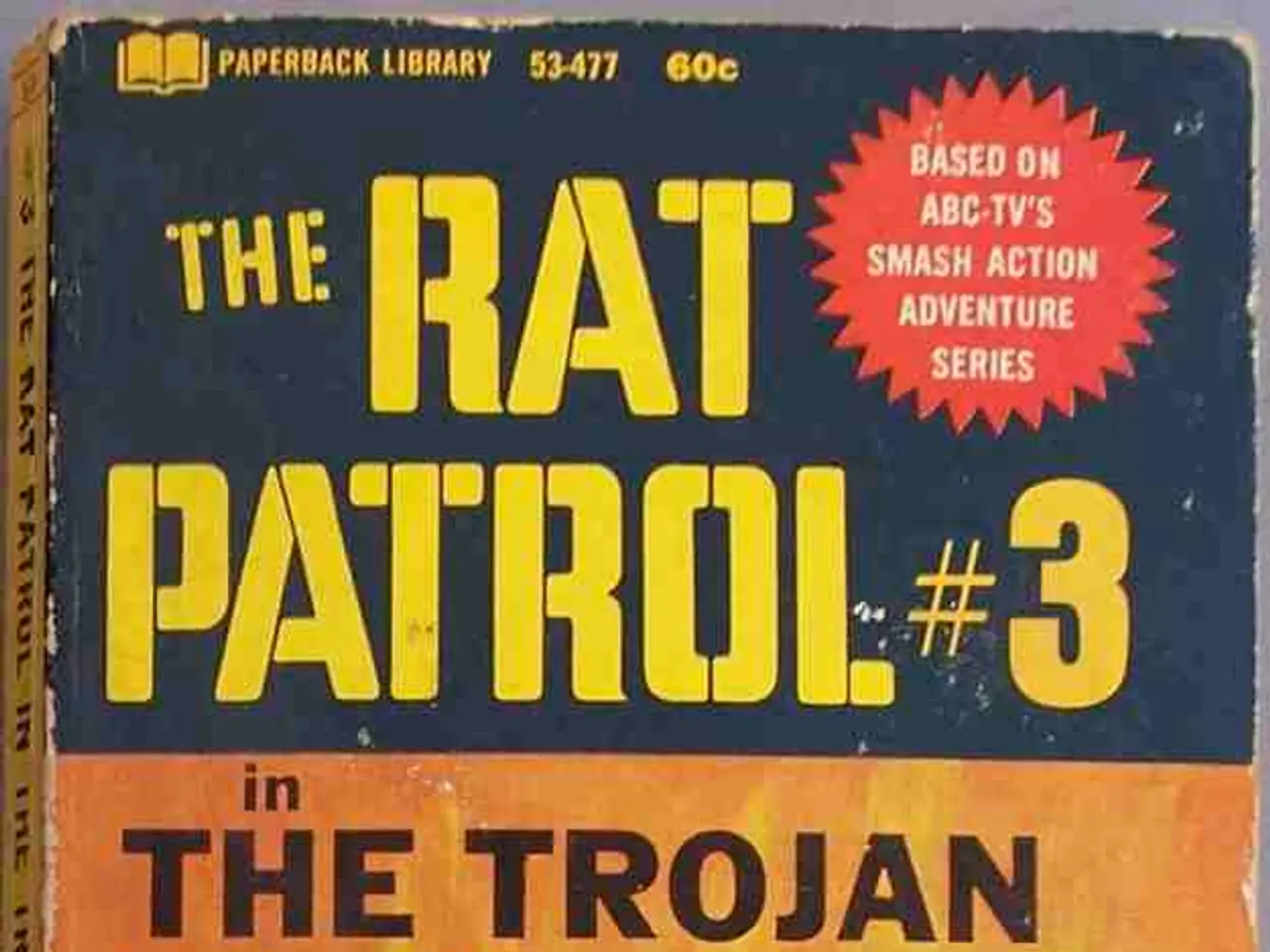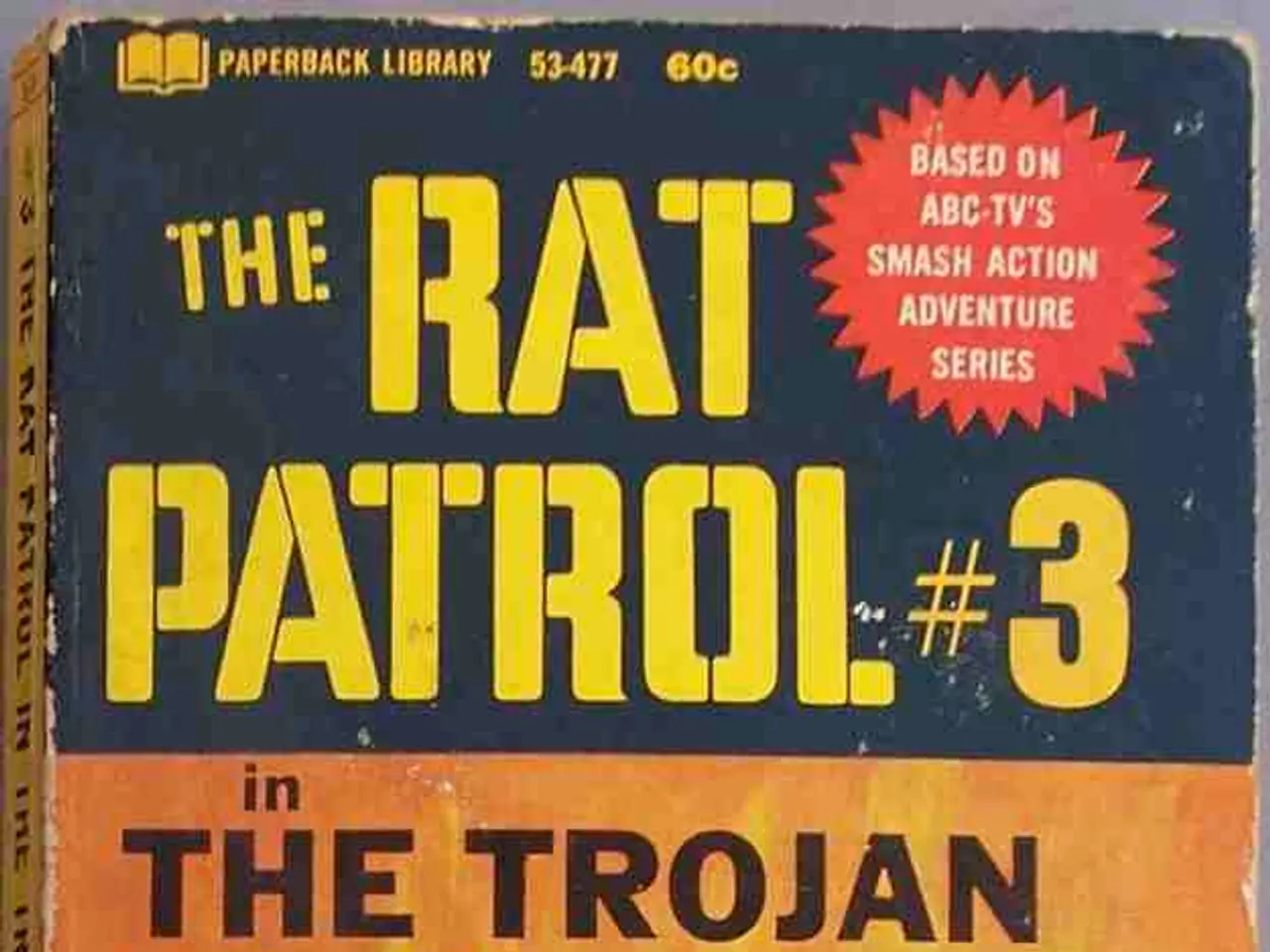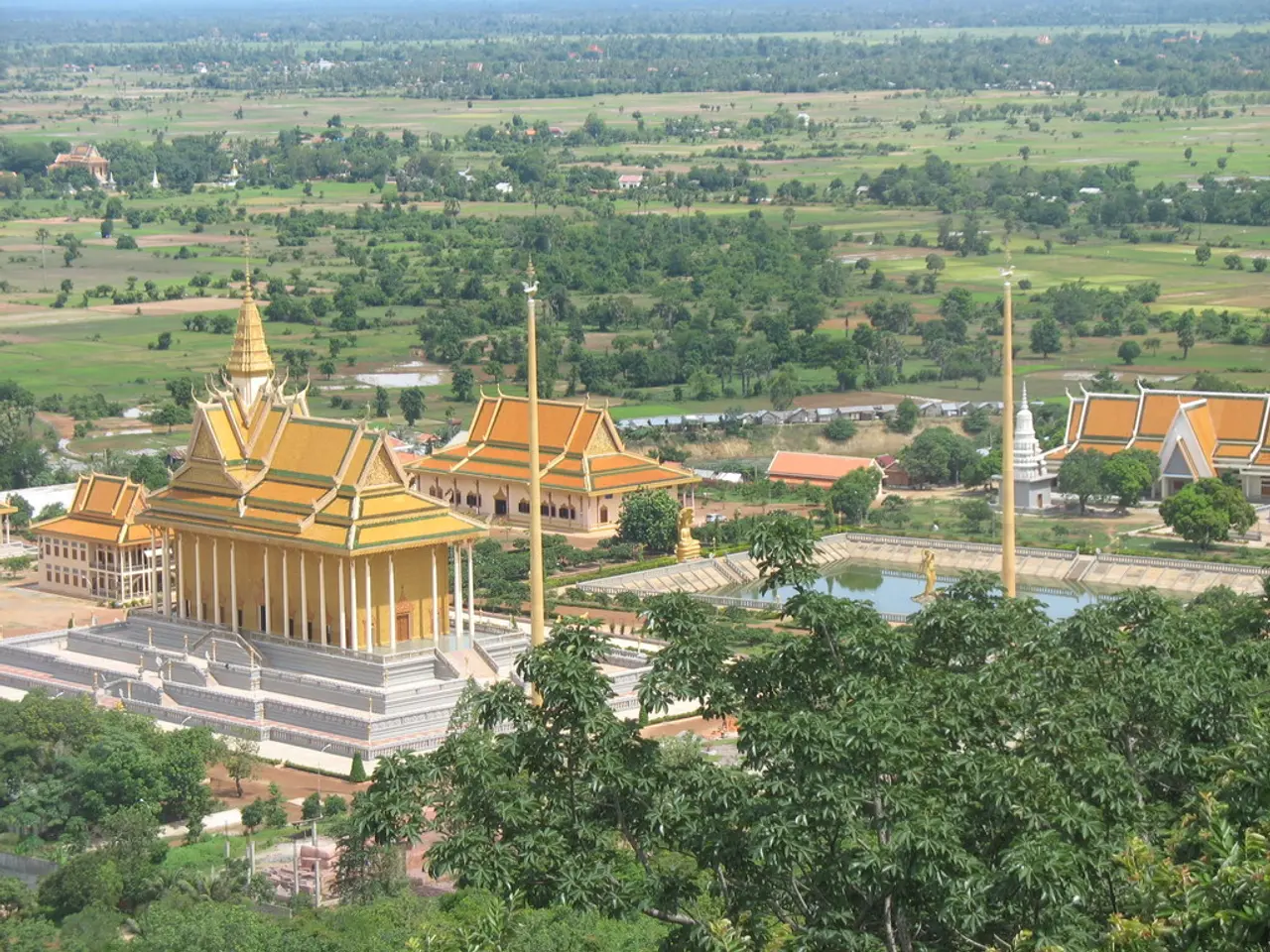Spain's Prime Minister Accuses Israel of Genocide in Gaza, Rescuers Report 65 Deaths
Loose Cannon's Take:
GAZA CITY (PALESTINIAN TERRITORIES) - Spanish Prime Minister Pedro Sanchez didn't mince words when he described the heart-wrenching situation in Gaza as a "genocide" last Thursday. As rescuers dug through the rubble, they confirmed that Israeli forces took the lives of 65 innocent Gazans.
This devastating conflict, ongoing for over 20 months, has left Gaza's population of over two million grappling with conditions akin to famine. Israel finally eased the suffocating blockade at the end of May following two months of relentless pressure, yet the distribution of supplies has been nothing short of chaotic, with almost daily reports of Israeli forces gunning down those desperately waiting for rations.
In response to Israel's relentless bombardment, the territory's militant group, Hamas, launched an attack in October 2023 that ignited this war.
Sanchez's comment represents the strongest rebuke yet from the Spanish premier, a vocal critic of Israel's offensive. He urged the European Union to immediately freeze its cooperation deal with Israel without hesitation.
According to reports, an EU document highlighted "indications" that Israel was breaching its human rights obligations under the cooperation deal, which forms the basis for trade ties. The document pointed fingers at Israel for its blockade of humanitarian aid for Gaza, the high number of civilian casualties, attacks on journalists, and the destruction caused by the war.
- A Dire Day in Gaza -
Mohammad Al-Mughair, director of medical supplies at Gaza's civil defence agency, told AFP that 65 people were brutally killed by Israeli forces in Gaza on Thursday. Several of the victims were reportedly waiting for aid, according to civil defence spokesman Mahmud Bassal.
The Israeli military stated that it fired warning shots to deter "suspects" from approaching them near the Netzarim corridor in central Gaza, where Palestinians had gathered each night for rations.
Since late May, almost 550 people have lost their lives near aid centers while frantically seeking scarce supplies, according to Gaza's health ministry.
- Hunger Strikes -
"My children have nothing to eat. I haven't had any flour for nearly two months," lamented Gaza resident Imad al-Attar, who managed to secure a bag of flour in Khan Yunis on Thursday. Another man, Khaled Rashwan, implored, "We just want to eat. We are dying, and no one is paying attention to us. Who can we turn to?"
- A Dangerous Game -
The United Nations has strongly condemned the "weaponization of food" in Gaza and condemned a US- and Israeli-backed foundation that has largely replaced traditional humanitarian organizations in Gaza. The privately-run Gaza Humanitarian Foundation (GHF) was brought into the territory in May, but its operations have been marred by chaotic scenes, deaths, and neutrality concerns.
The US State Department announced that it had approved its first direct funding—$30 million—for the GHF and encouraged other countries to follow suit. However, Israeli restrictions on media in Gaza and difficulties in accessing some areas make it challenging for AFP to independently verify the tolls and details provided by rescuers and authorities in the territory.
The World Health Organization announced that it had finally delivered its first medical shipment into Gaza since March 2, stating that the nine truckloads offered mere relief in the face of overwhelming need.
- Negotiations and Uncertainty -
After declaring victory in a 12-day war against Iran that culminated in a ceasefire on June 24, Israel indicated its intention to refocus its offensive in Gaza, where Palestinian militants still hold Israeli hostages. Trump expressed optimism that a deal could be reached to end the Israel-Hamas war and forecast "very good news" following the ceasefire.
Israeli Prime Minister Benjamin Netanyahu faces mounting pressure from opposition politicians, hostage relatives, and even fellow ruling coalition members to call an end to the fighting. Key mediator Qatar stated that it would launch a new push for a ceasefire. Israel claimed that efforts to secure the release of Israeli hostages in Gaza were ongoing, both "on the battlefield and via negotiations."
- In the realm of general news, the ongoing war-and-conflicts in Gaza remain a critical political issue, with Spain's Prime Minister, Pedro Sanchez, calling it genocide and urging the European Union to freeze cooperation with Israel.
- The politics surrounding this conflict, such as the EU's concerns about Israel's breaches of human rights obligations, along with crime-and-justice issues like the weaponization of food in Gaza, continue to be the focus of international attention and debate.








